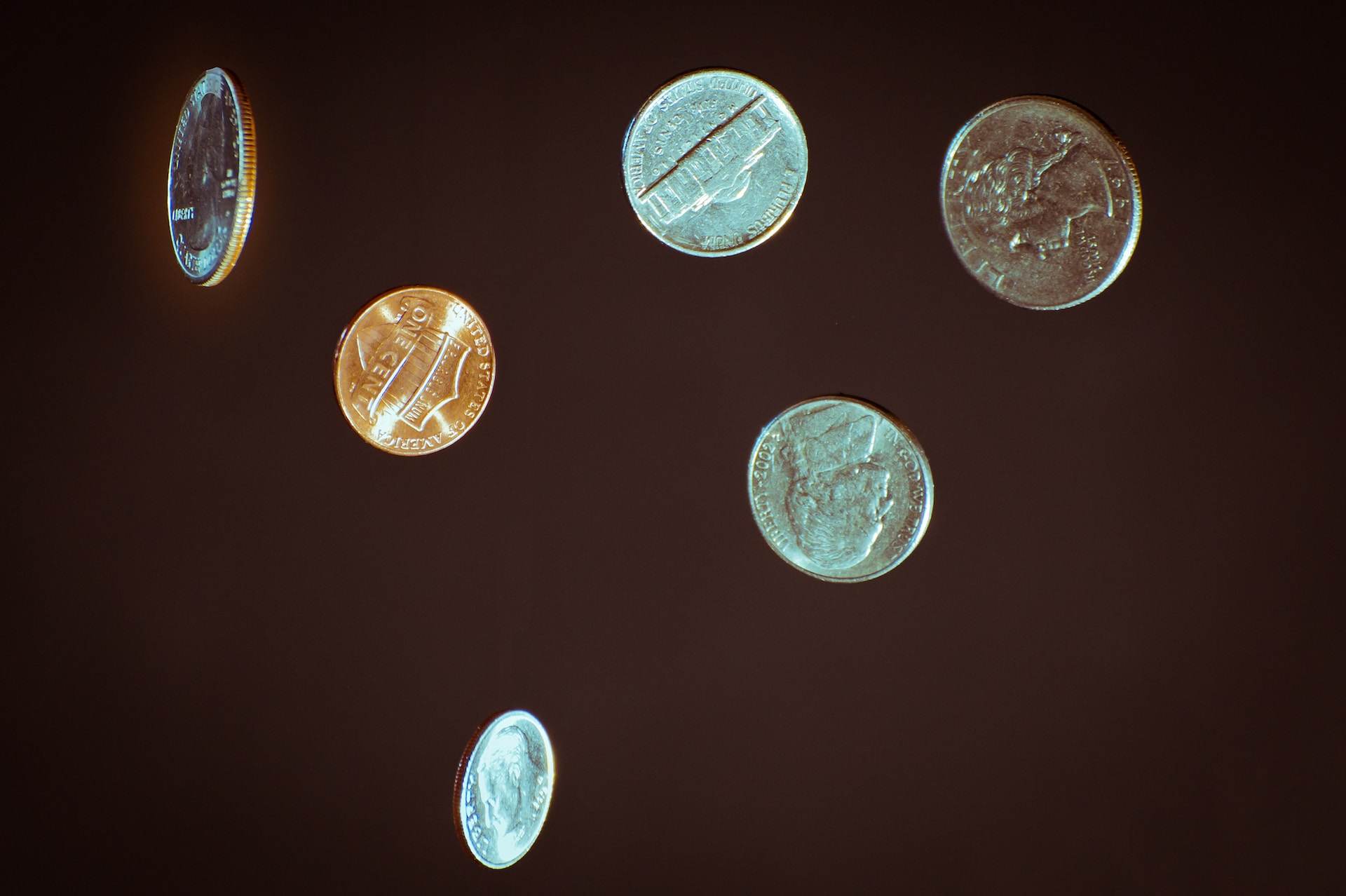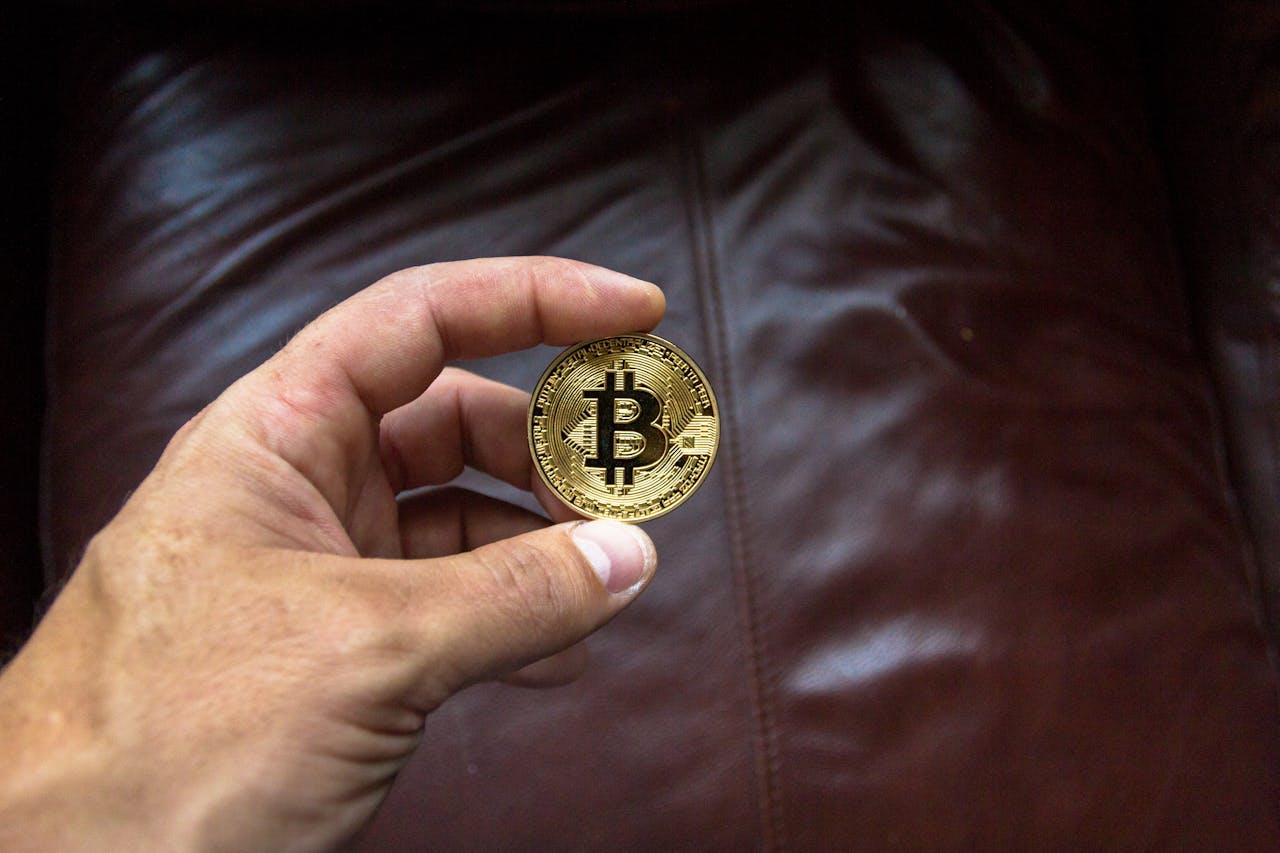

The Islamic financial system in Malaysia had shown a positive resilience during the pandemic. The sector's share reached over 37 percent of the country's banking sector's growth last year despite the economic disruptions from the COVID-19 pandemic-induced global crisis.
The growth of Malaysia’s Islamic financial sector owes its success to the Islamic First strategy recently launched in 2019. The Islamic First policy encourages banks to offer Islamic products to new customers instead of conventional ones and the supportive regulatory environment precisely adjusting to the growth of Islamic financial goods.
The principles hold in the Islamic First strategy assures fairness for all shareholders to share both risks and profit based on the underlying business activity and assets.
The activities limited in Islamic banking includes transactions that involve interests, gambling, and speculative trading. Therefore, the Islamic finance system provides opportunities for businesses to take loans without interest rates, allowing more room to grow and wiggle in their business activities.
The flexibility, creativity, and choice in Islamic finance products emphasize a higher standard for investments and encourage greater accountability and risk mitigation for banks seeking to grab a share in the market.
The Islamic financing scheme offers a risk-sharing investment option called mudaraba and musharaka that would otherwise be unguaranteed under the conventional insurance scheme, removing a Deposit Insurance Scheme (DIS) and government guarantee requirement in retail investment activities.
The regulation change allows Malaysian citizens to seamlessly save and deep dive into investments as the COVID-19 pandemic emphasizes the importance of having extra savings as a cushion in volatile times.

As COVID-19 mobility restrictions gradually ease, the Islamic finance sector expects to continue its popularity now that people prefer the Islamic way to cater to their financial needs.
Fitch Ratings has predicted that the country's Islamic finance industry will grow at a CAGR of 6.7 percent, considering the rapid measures that banks are taking to promote Islamic products of their own.
The demand for products complying with the sharia principles requires conventional banks to shift away from their previous service rate, the London Interbank Offered Rate.
However, the Islamic financing scheme poses a different threat that banks would face in adopting the idea. Almost two-thirds of banks' Islamic financing portfolio in Malaysia is conjugated with the household sector, holding a debt-to-GDP ratio at 88.4 percent.
With the current growth rate of Malaysian Islamic banks, the sector would reach a share of 40 percent from the overall banking industry in the country.
However, the banks face risks of asset quality pressures depending on the increasing interest rates. Other threats come from the level of Malaysian unemployment rates, as 59 percent of Islamic banks' portfolio is exposed to the household share of the country.
The Malaysian government plans to transform the Islamic banking landscape over the 18 months to consolidate their businesses and combine capabilities, eventually gaining a larger market share both inside and outside of the country.
The consolidation of notable banking players would create a larger scale of the institution to support significant transactions, allowing Islamic banks to facilitate cross-border activities.

The Latest Developments in Cryptocurrency Adoption in SEA
The cryptocurrency market in Southeast Asia (SEA) has seen exponential growth in recent years. The revenue of cryptocurrency in the region was around USD 1,384 million in 2023 and is expected to grow by USD 1 million in the next four years. Countries like Indonesia, Singapore, and the Philippines are at the forefront of this digital revolution. The region's young, tech-savvy population, coupled with increasing internet penetration, has created a fertile ground for the adoption of cryptocurrencies. Currently, the crypto market in SEA is valued at several billion dollars, with projections indicating continued growth.

An Overview of the Halal Cosmetics Market in Malaysia
The halal cosmetics market in Malaysia has been experiencing significant growth. It is driven by a combination of increasing consumer awareness, government support, and the rising demand for halal-certified products among both Muslim and non-Muslim consumers.

How Digital Marketing is Transforming the Automotive Lubricants Market in Southeast Asia
In recent years, digital marketing has emerged as a transformative force in the Southeast Asian (SEA) automotive lubricants market. The region's rapidly growing internet penetration and increasing smartphone usage have created fertile ground for innovative digital strategies. This evolution is reshaping how companies engage with customers and streamline their operations, offering numerous opportunities for growth and efficiency.

Exploring New Business Models for a Sustainable Future
Transitioning towards new sustainability business models can help companies drive positive change and contribute to a more sustainable future.